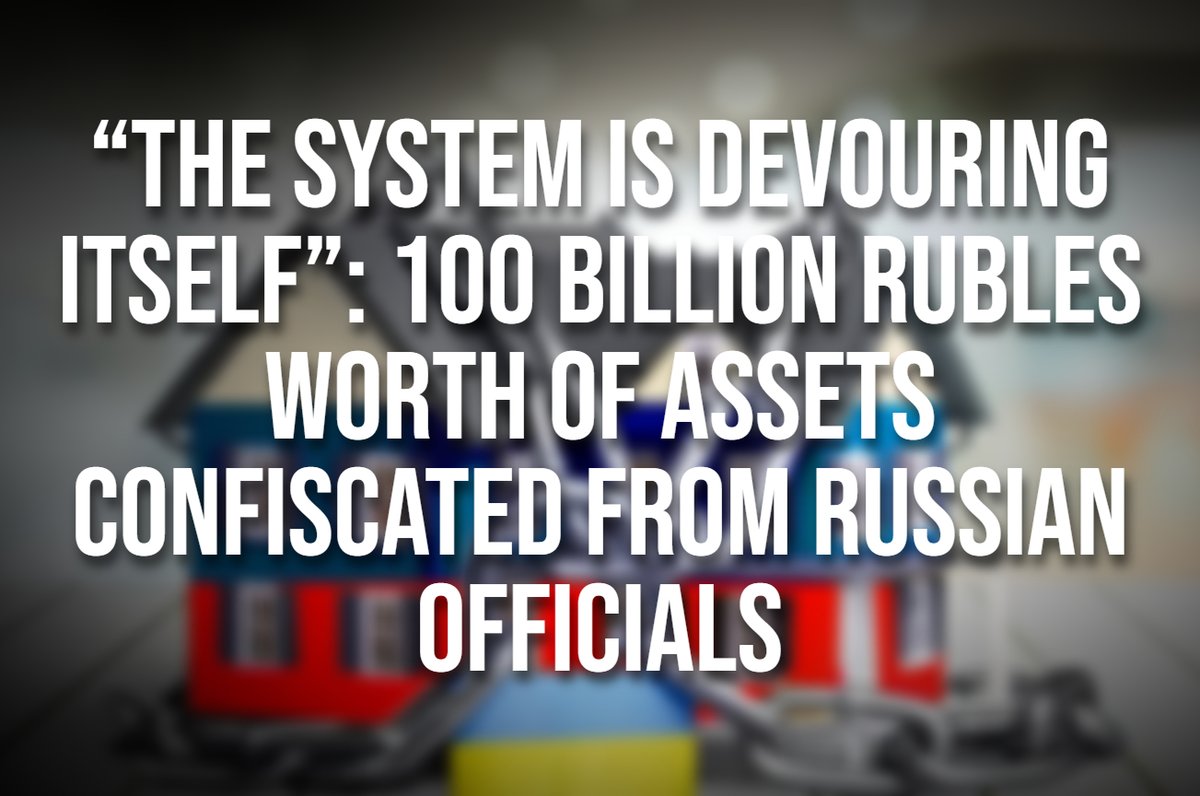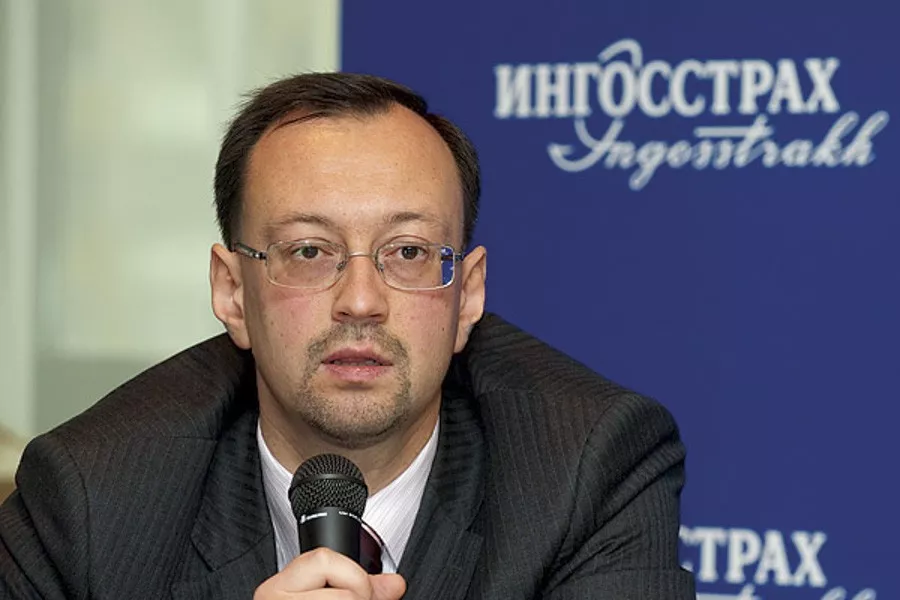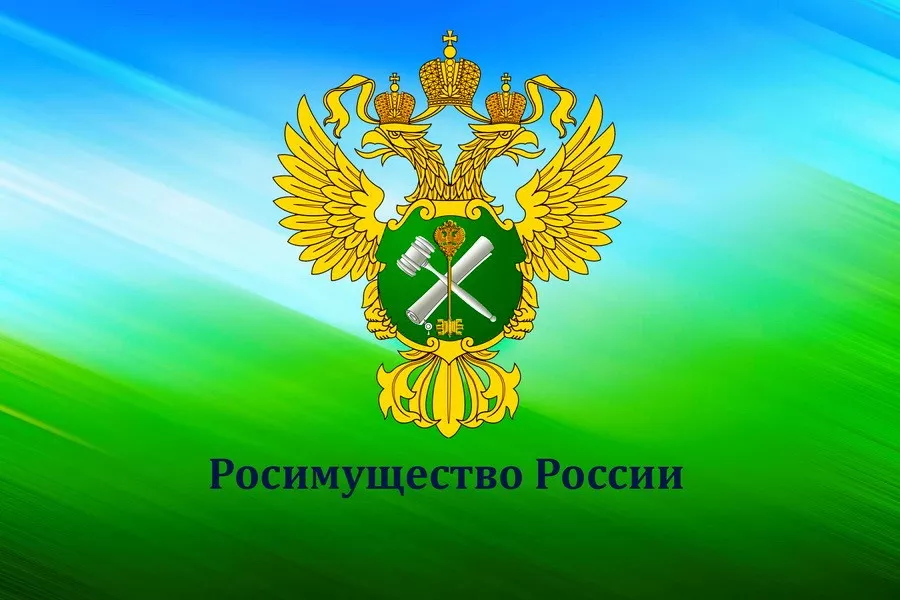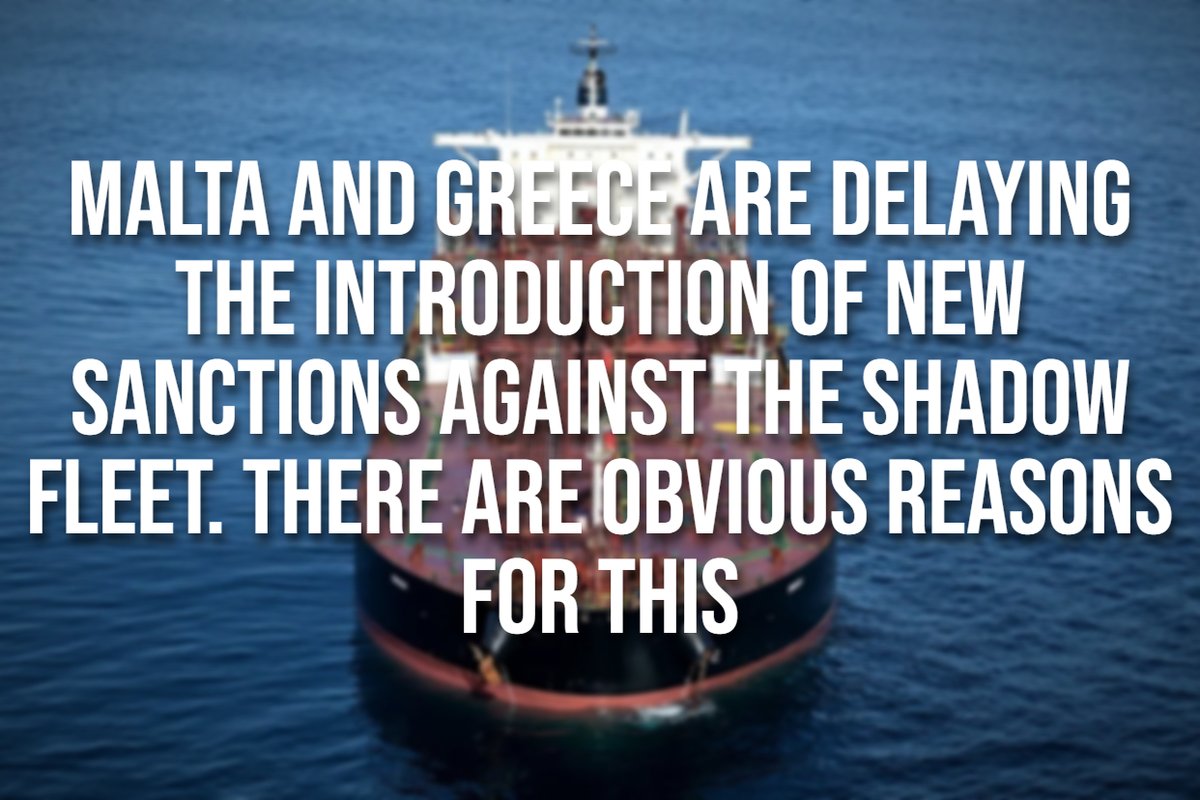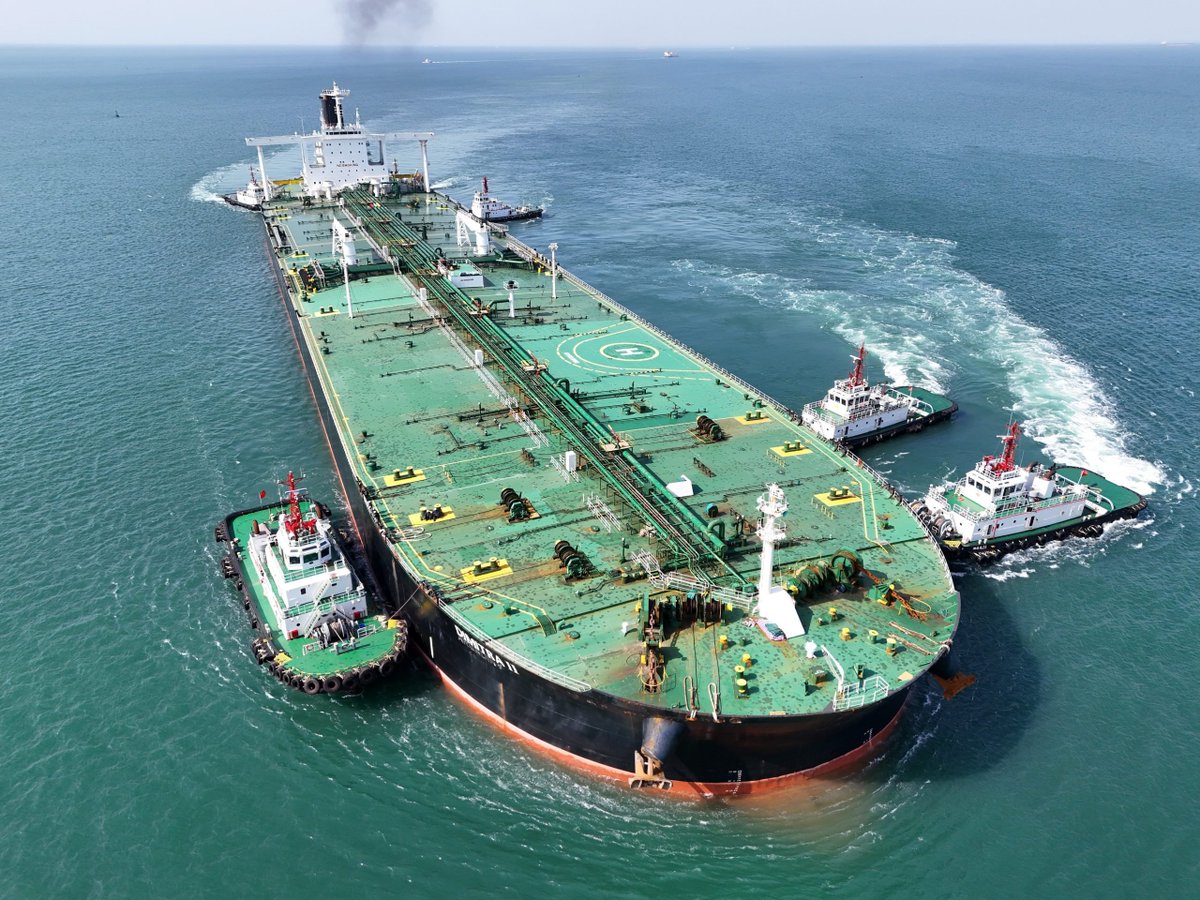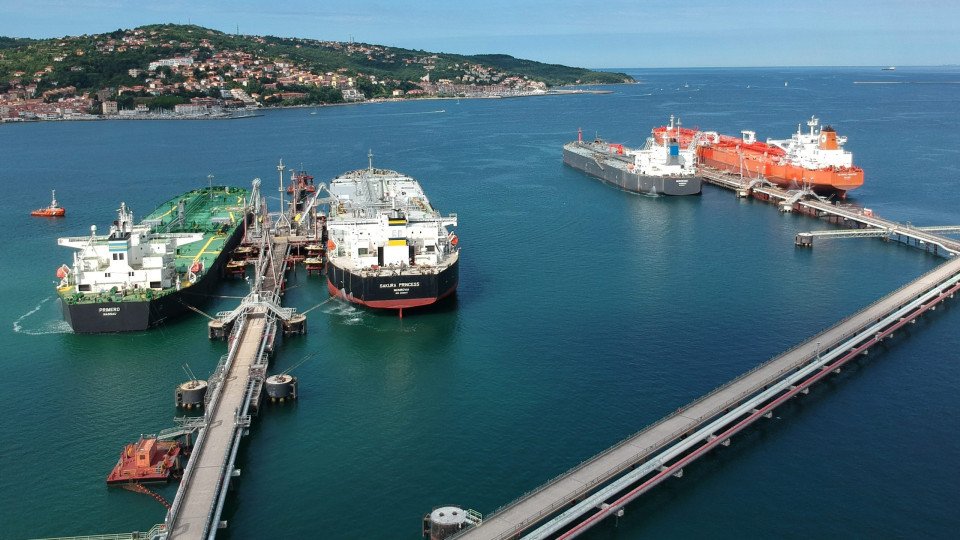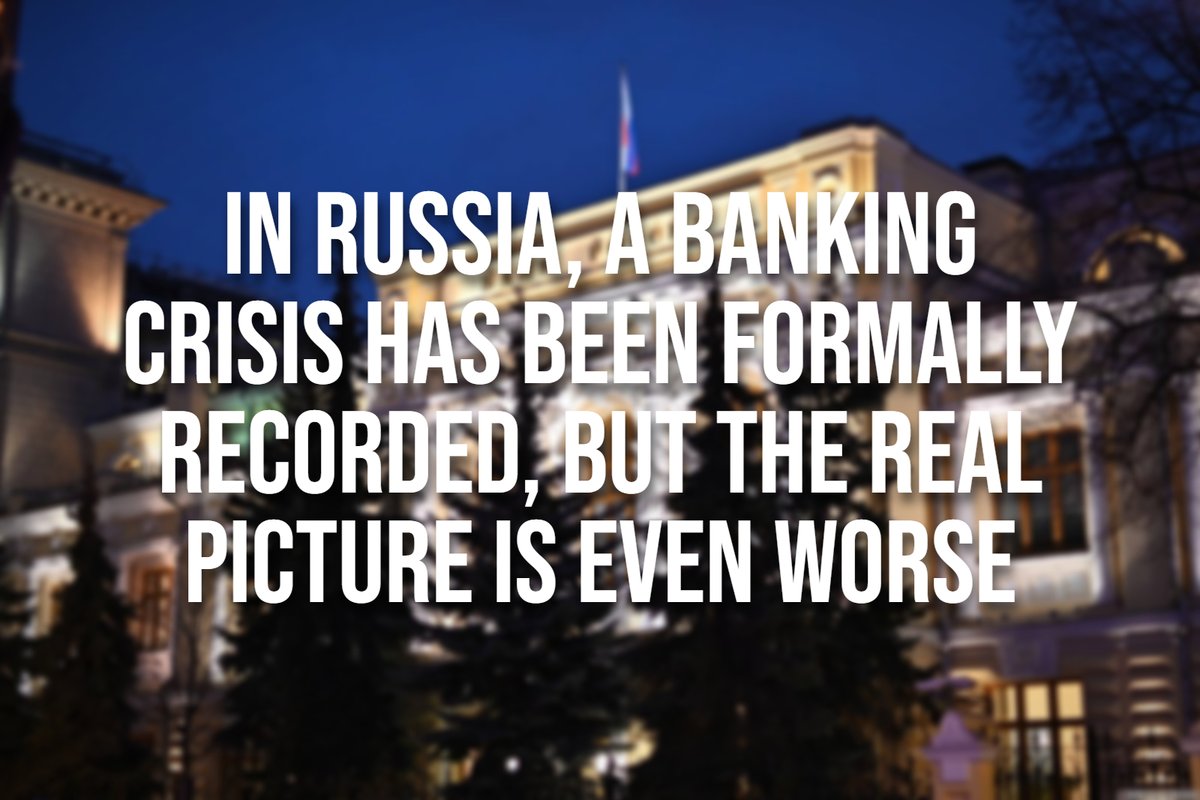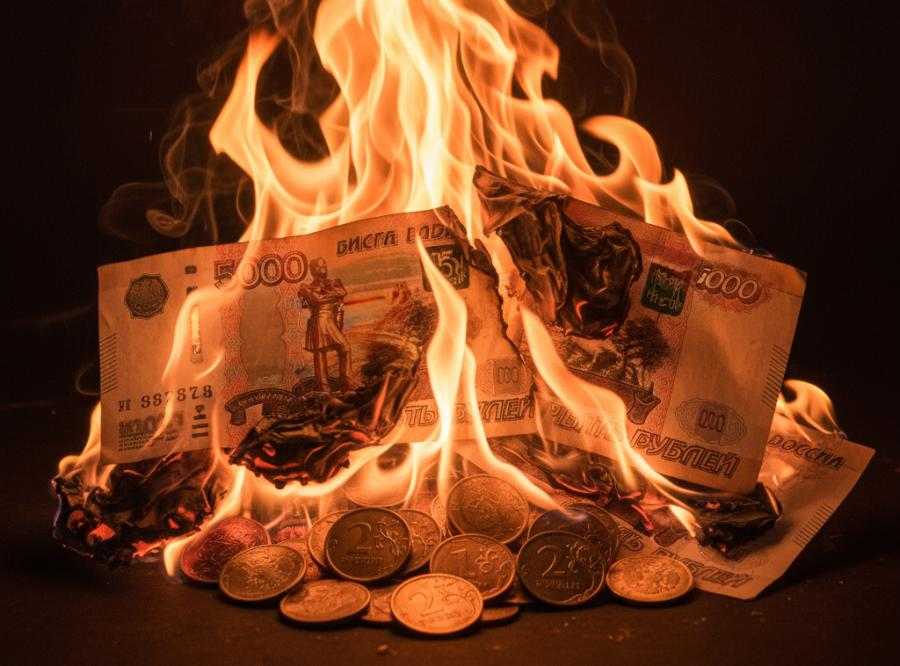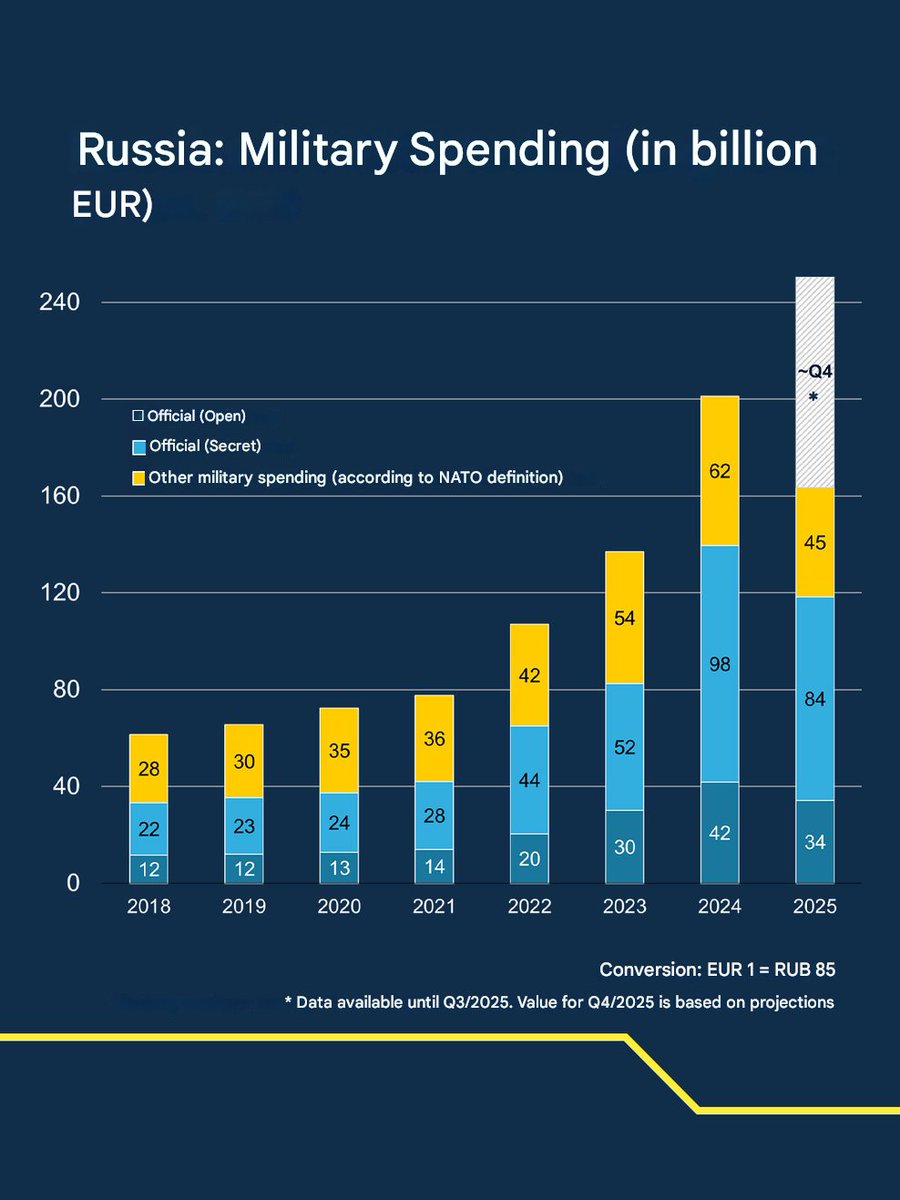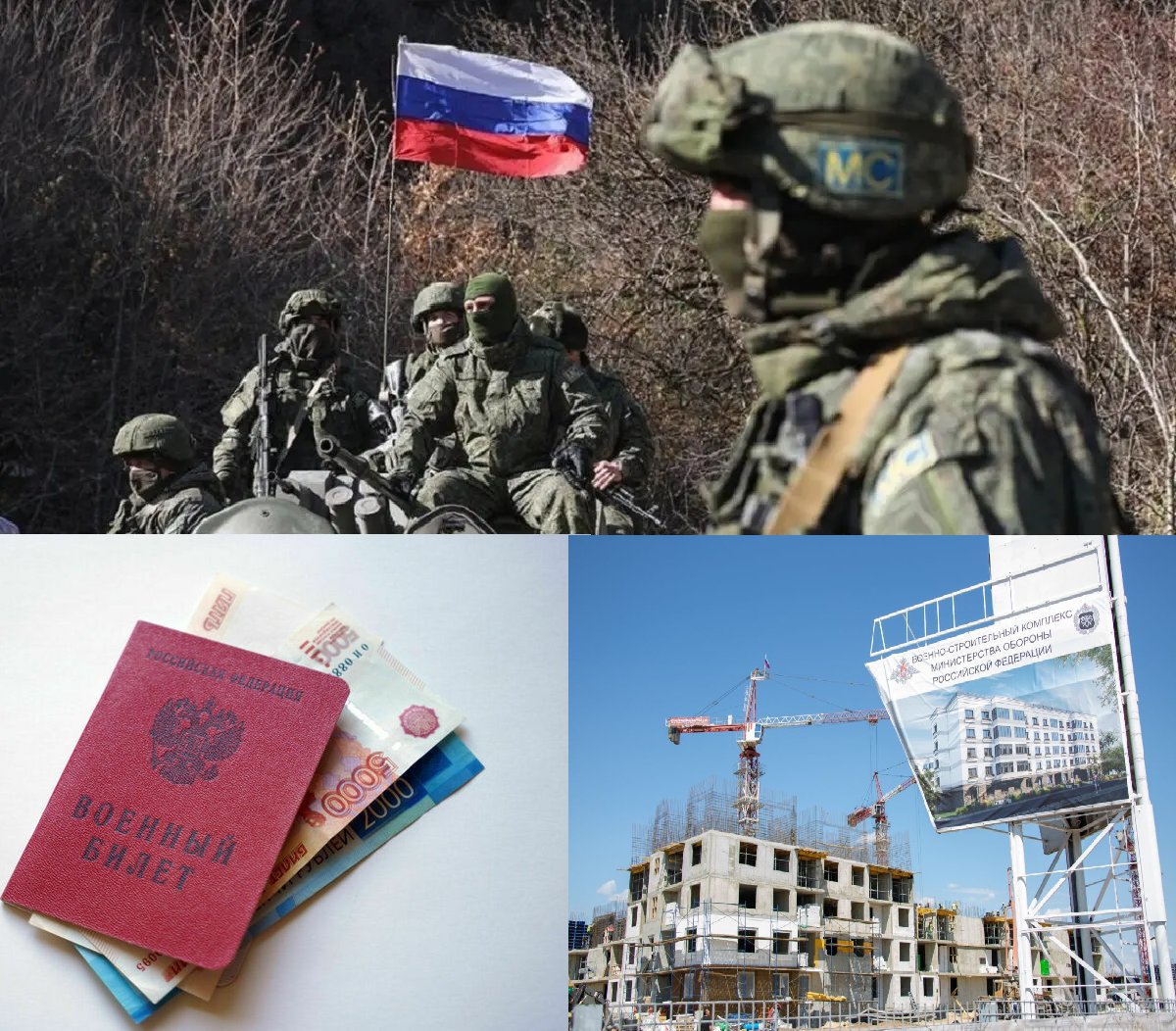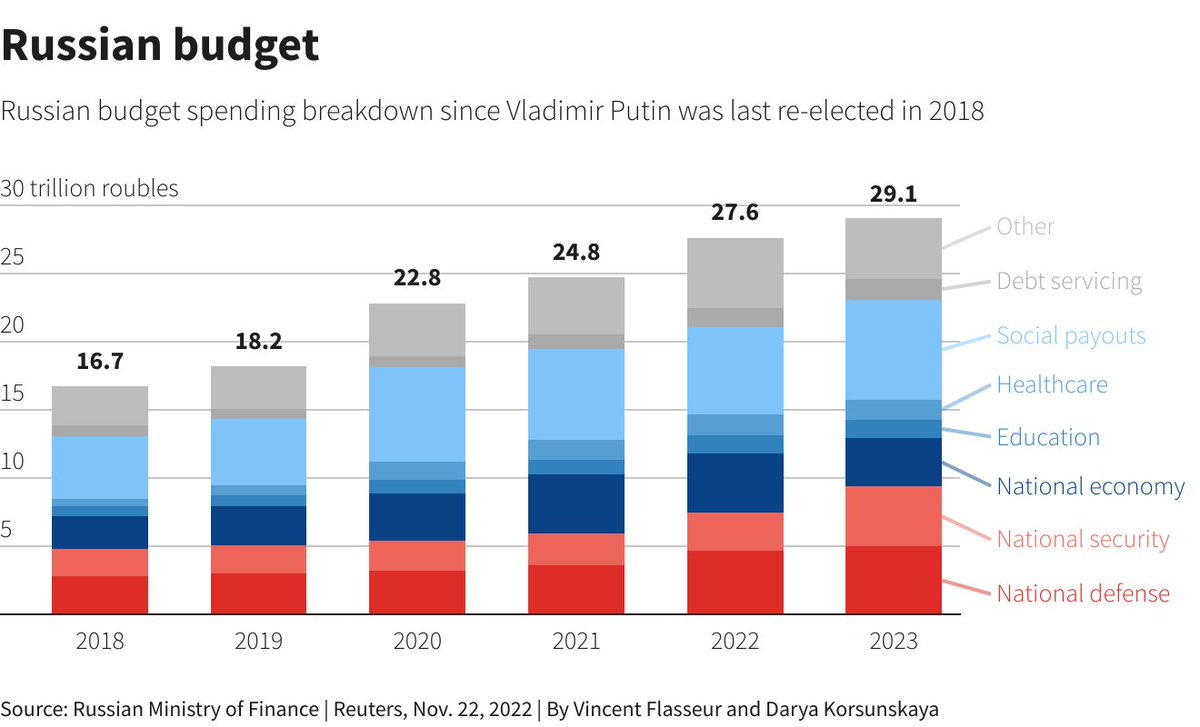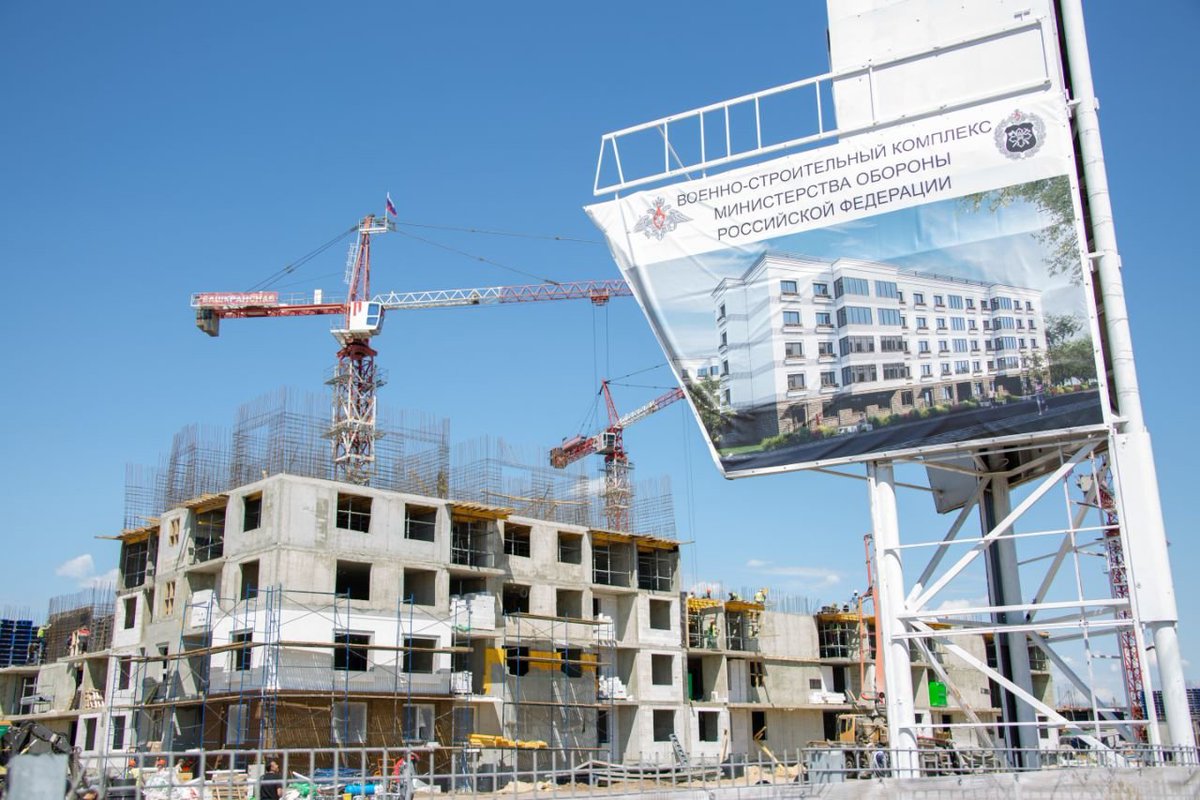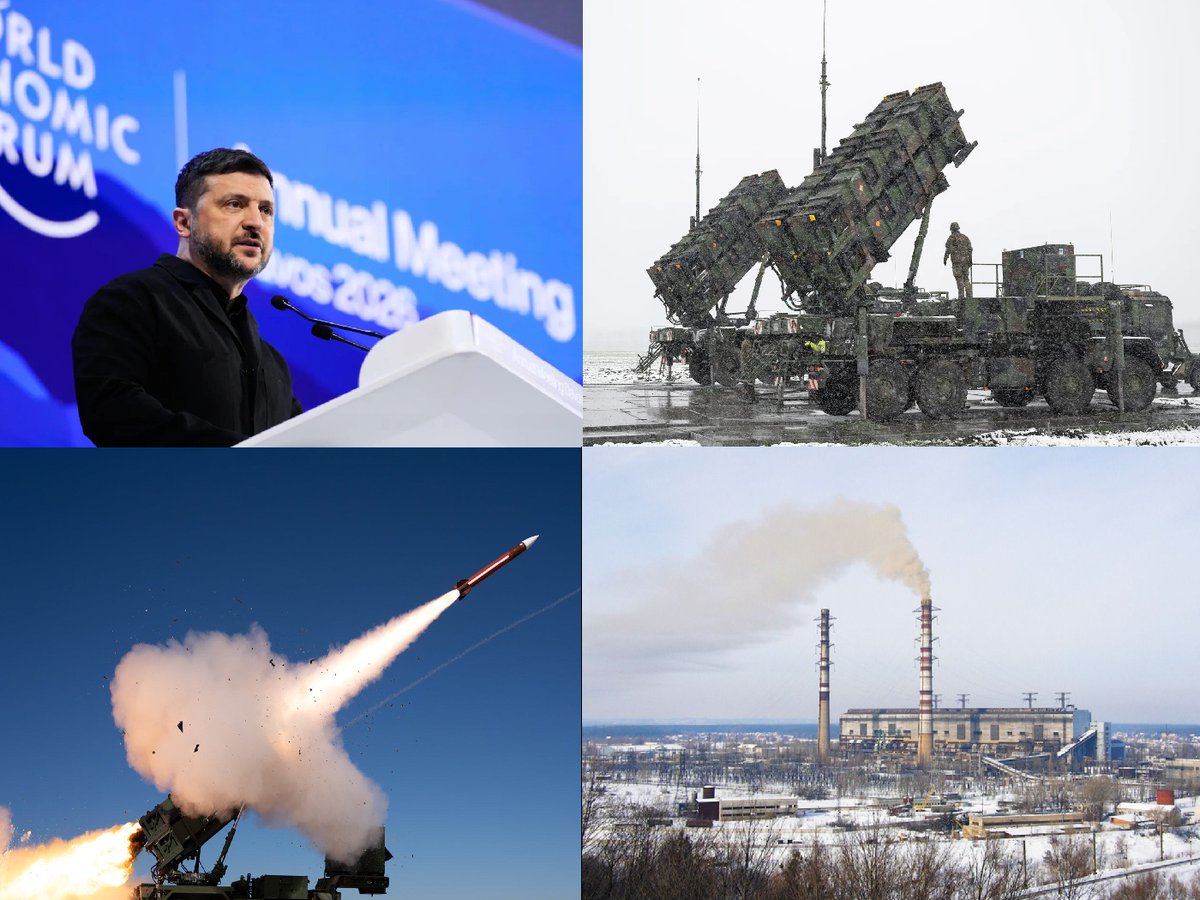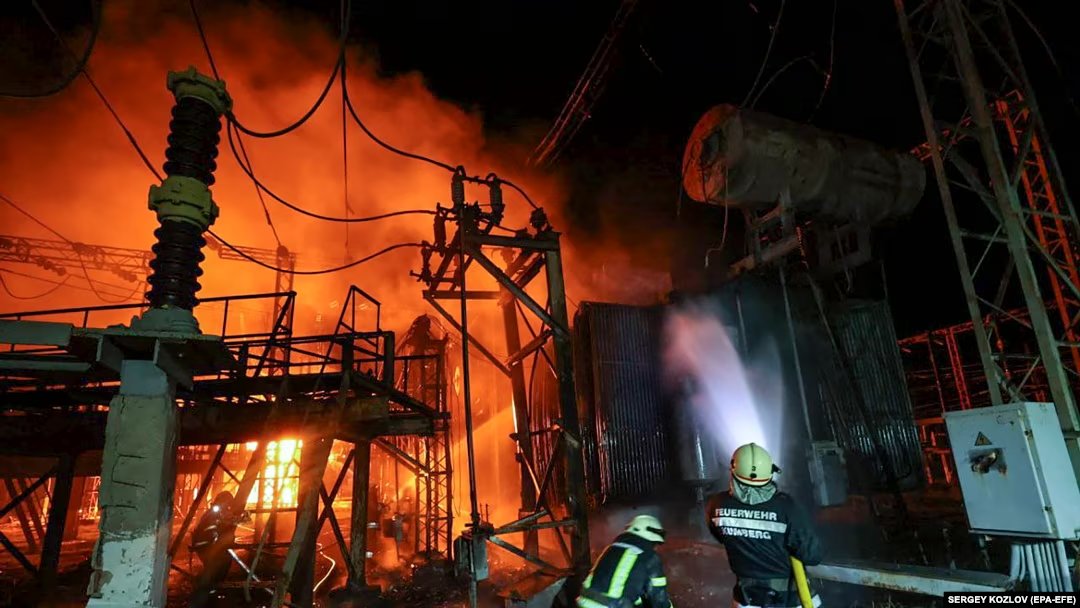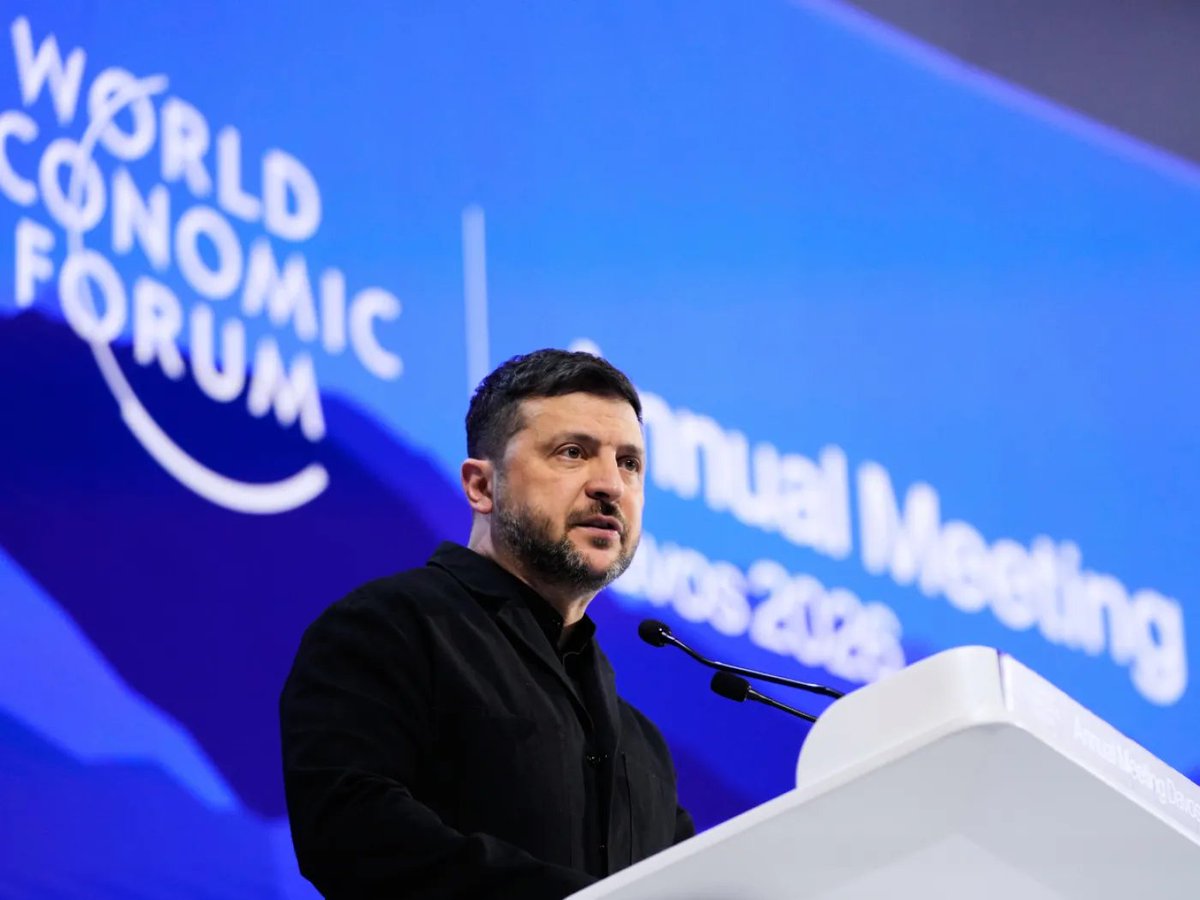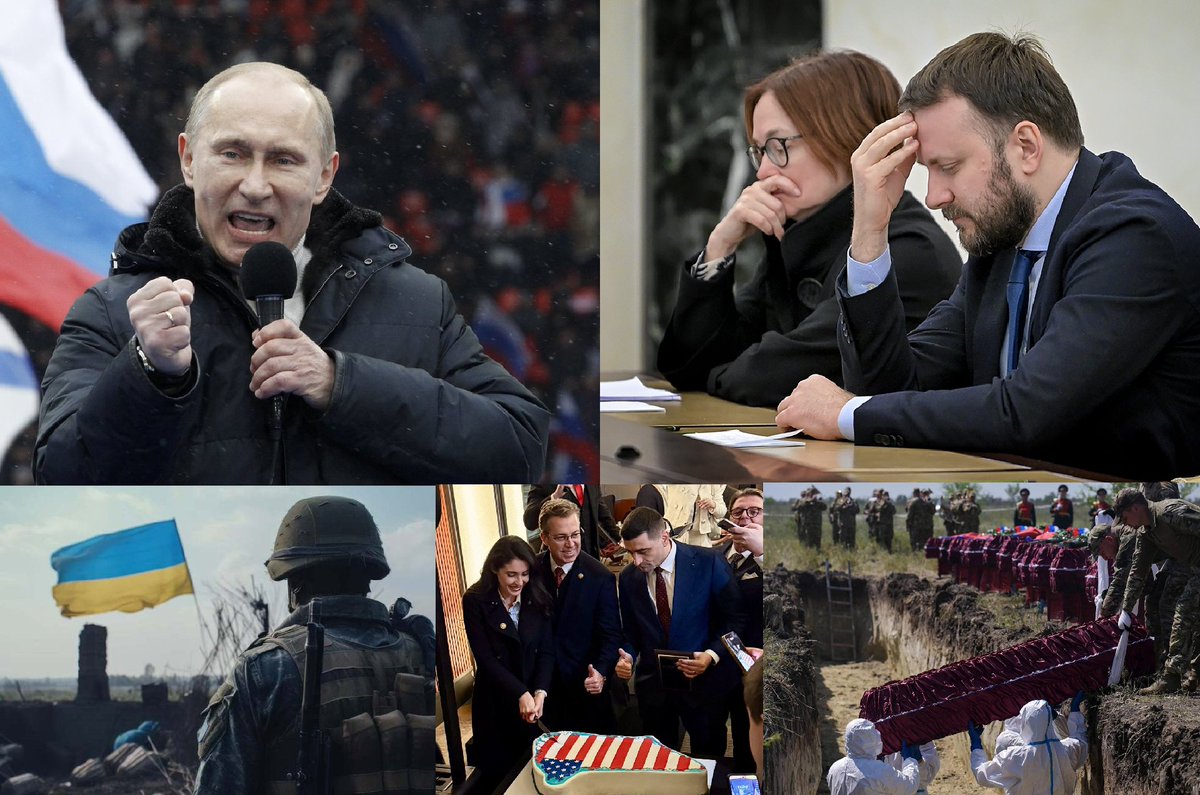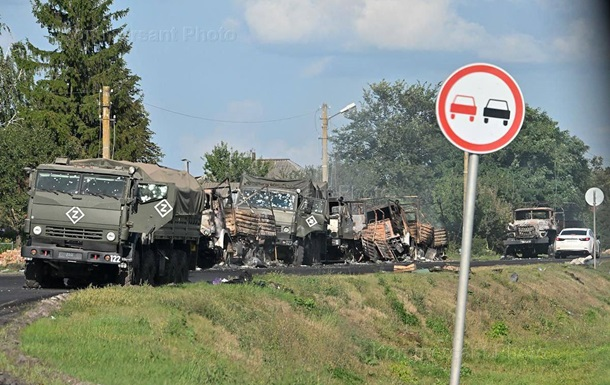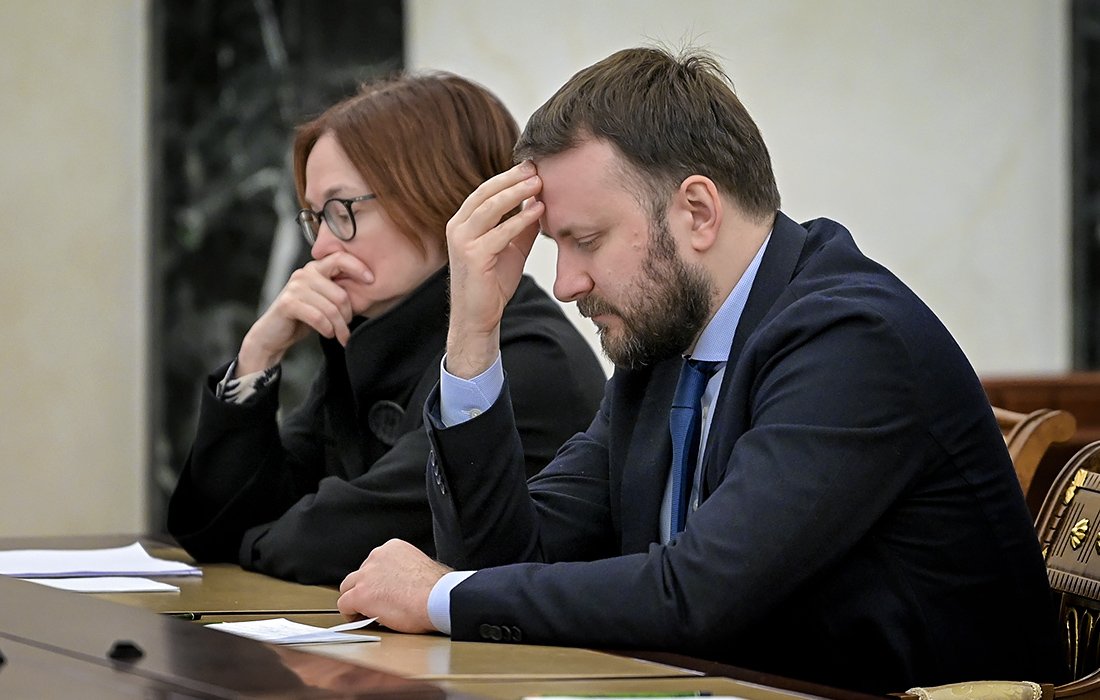The situation in the Kharkiv direction remains difficult. The commander of the Achilles UAV unit writes -
"Information is now spreading that the occupiers are allegedly retreating from Vovchansk and Hlyboke. I want to emphasize that over the past year I cannot recall a period
1/7
"Information is now spreading that the occupiers are allegedly retreating from Vovchansk and Hlyboke. I want to emphasize that over the past year I cannot recall a period
1/7

when the enemy retreated. Heavy and difficult battles continued in all the territories that we managed to return and de-occupy. On every part of the front, we have counter-battles. After recapturing one or another position, the enemy necessarily counterattacks with the aim of
2/7
2/7

regaining the lost positions. The enemy has more forces and means. So when you hear that the situation is stabilized, or that the Defense Forces have a tactical initiative, you should understand that at this time very difficult things are still going on". Despite the fact
3/7
3/7

that the situation in most parts of the front is stabilizing, we must not forget that Russia is not stopping its offensive. Russia is using everything it has. Yes, it has problems with equipment, people and ammunition, but it throws all available means into the battle,
4/7
4/7

without ceasing the onslaught on the Ukrainian forces. There are small advances in the areas of Avdiivka and Ocheretyne. Russia is running out of armored vehicles, but they are switching to buggies and motorcycles. The effectiveness of this tactic is debatable, but there are
5/7
5/7

many of them. Russia always takes with mass and this tactic has not changed throughout the war. If there is less armor, then more infantry goes into battle. The entire Russian industry is put on a war footing. This is not enough to make a major breakthrough, but it is enough
6/7
6/7

to ensure that the onslaught is incessant. Russia will not win this war, but there is still a long struggle ahead and our support for Ukraine must not cease.
7/7
7/7

• • •
Missing some Tweet in this thread? You can try to
force a refresh


